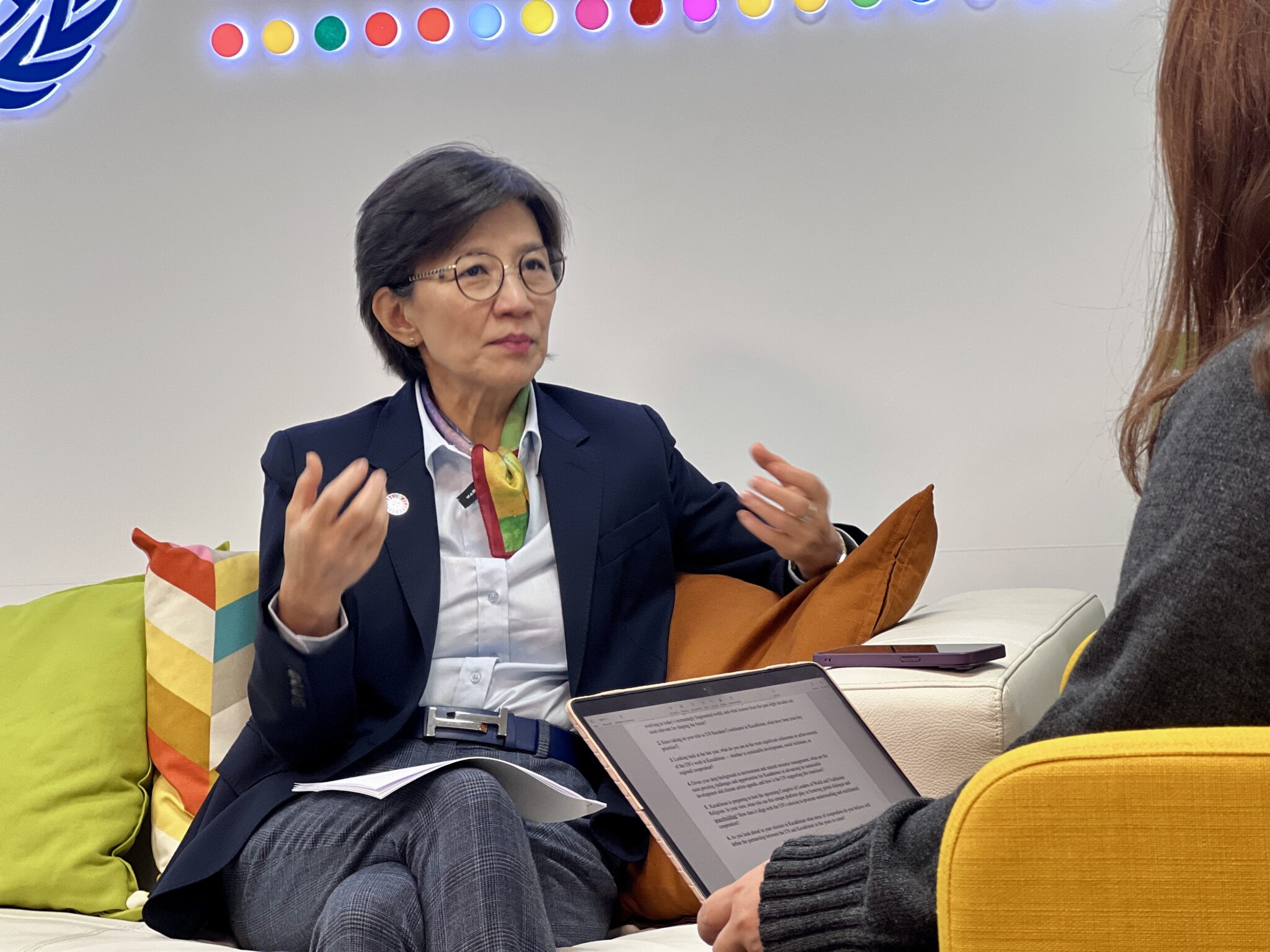WNAM REPORT: Fresh from presenting her credentials to President Kassym-Jomart Tokayev this August, the new UN Resident Coordinator in Kazakhstan Sarangoo Radnaaragchaa has quickly immersed herself in the country’s dynamic capital. In an exclusive interview with The Astana Times, she shared her first impressions, outlined her priorities, and reflected on the milestones UN agencies have helped achieve in Kazakhstan.
“These first two months have been so active and vibrant, full of events and activities, but also deeply enriching. Every day I am learning something new and becoming part of very interesting processes, which gives me many ideas,” she noted.
Although new to Astana, the country is not unfamiliar to her. With 25 years of experience in sustainable development across Europe and Central Asia, she previously served as Regional Advisor on Environment at the UN Economic Commission for Europe (UNECE), where she worked extensively on Central Asian environmental issues.
Priorities for the UN in Kazakhstan
In her short time on the ground, Radnaaragchaa has already traveled to regions such as Kyzylorda and Aktau, witnessing firsthand both challenges and opportunities. She summarized her mission in Kazakhstan in three priorities.
“First, to further strengthen our partnership with the Government, building on the country’s strong support for multilateralism. Second, to promote social inclusion, ensuring that women, youth, and vulnerable groups are not left behind. And third, to accelerate action on climate and the environment — particularly in light of the forthcoming Regional Ecological Summit that Kazakhstan will host next year, which the UN is actively supporting,” she said.
While stressing the importance of climate change, Radnaaragchaa said water is the “priority within the priority” for the region. She recalled President Tokayev’s recent state-of-the-nation address, where he highlighted the role of artificial intelligence in smart water management. She also pointed to the newly signed Cooperation Framework with the government, soon to be officially launched. Kazakhstan, she noted, is outperforming the global average, with 39.7 percent of its Sustainable Development Goals (SDGs) targets either on track or progressing.
“It is essentially our roadmap — guiding the UN’s work in Kazakhstan for the next five years, until 2030, in alignment with national priorities and the SDGs,” she said.
Among her additional priorities is the upcoming commemoration of the UN’s 80th anniversary and UN Day in October. “There is a lot of work ahead, but it is exciting and deeply rewarding,” she added.
Radnaaragchaa emphasized that working with young people will be another key focus.
“Kazakh youth are dynamic, well-educated, and highly motivated to achieve both professional and personal growth. As a mother of two sons, I also know that young people sometimes feel pessimistic about climate change, conflicts, global tensions, or cybersecurity risks,” she said, noting that these challenges can feel overwhelming and that supporting and empowering youth is therefore essential.
UN priorities in action: people, governance, and sustainable growth
Radnaaragchaa outlined the UN’s work in Kazakhstan through three main pillars: empowering people, good governance, and sustainable economic development. On the first pillar, empowering people, she noted that in 2024 a new national nutrition standard was introduced for educational institutions, benefiting 1.7 million children and future generations. Public information campaigns on vaccination reached 4.6 million people, while more than 4,478 cancer patients accessed critical treatment. The UN also worked to identify 728 people of undetermined nationality, with 642 now holding legal documents.


